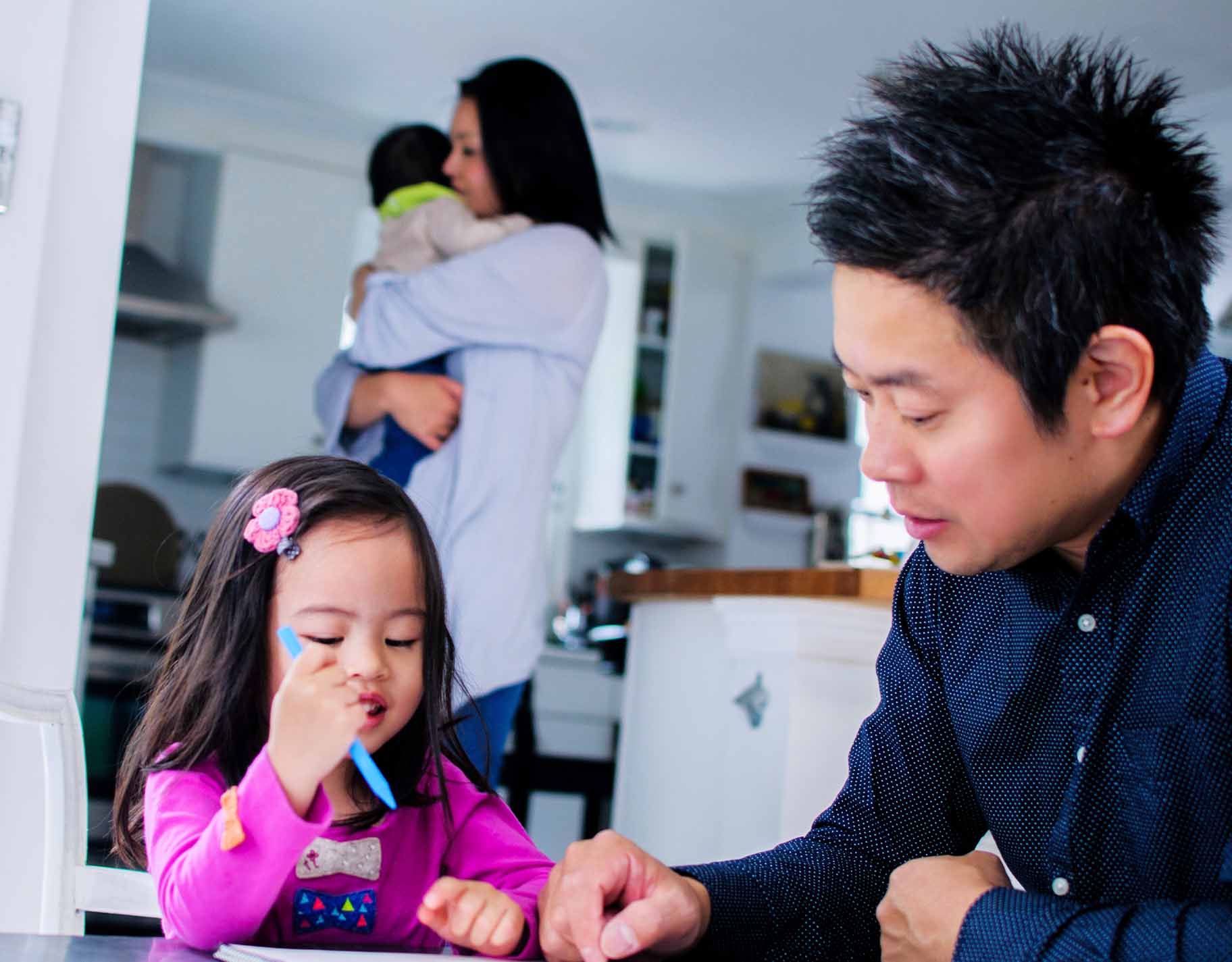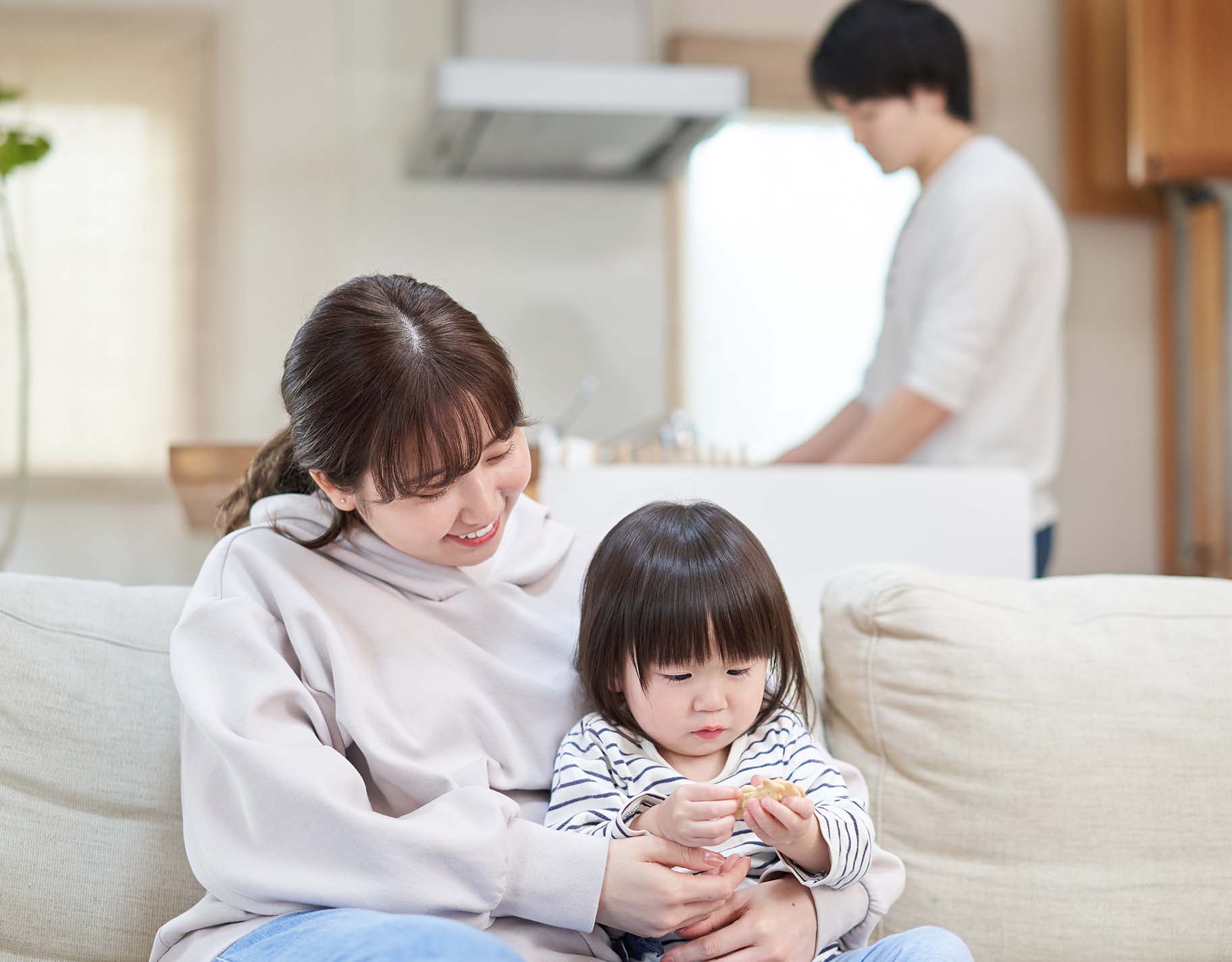Are You Experiencing Parental Burnout?
Parental burnout is real and it takes a toll on the parent and the child
We’ve all been through burnout, especially when work is involved. But have you ever gone through parental burnout? That’s right, there is such a thing as parental burnout. But you might ask, how different and similar is it from work burnout?

What is parental burnout?
Parental burnout according to WebMD shows signs of “overwhelming exhaustion, emotional distancing from your children, and a sense of being a poor or ineffective parent.”
These symptoms can take a toll on your mental health. Some of the other symptoms to watch out for include brain fog, forgetfulness, short temper, increase in stress level, confusion, feeling of isolation, poor sleep, and obsessive compulsiveness.
Sally Arnold, author, mindfulness educator, and speaker, shared that parents sometimes overlook parental burnout. Parental burnout, she explained during her Master Class is experienced from parent experiences, unlike work burnout that is from work.
If parental burnout is not addressed, it can also take a toll on your relationships with your partner and family members, leading to conflicts, miscommunication, and distance from your kids.
How to address parental burnout?
We all know that parenting is a 24/7 job and you just can’t change your family member. To address parental burnout, here are few reminders:

Express or communicate your feelings
One of the first things to do when you are feeling burnout is to express it to your partner. This will make them aware so that they can provide the support you need. Don’t assume that he or she can read your mind. Communication is very important.
1. Get moving
Many studies have attributed exercise as a big help in releasing the stress. Moving also releases endorphins and makes people think of happy thoughts. Walking, dancing, and even house chores are just some ways to get you in shape when you are too busy to even go to the gym.
2. Think about your food intake
No, this is not about avoiding food. it’s about what you take in when you’re exhausted after a long day of work and attending to your children. Consume good food such as lean protein and fiber-rich carbohydrates.
3. Seek professional help
If you are overwhelmed, exhausted, and tired, it’s best to seek help from friends, family, and even professionals. Professionals can give support and counsel the parent to avoid further stress that can take a toll their health.
4. Meditate and stop feeling guilty
It’s easier said than done but taking care of yourself is needed. You don’t need to feel guilty to be away from a few hours of parenting to focus on yourself. By sitting in a room for an hour and meditate, you’re actually helping yourself. There is nothing wrong with putting yourself first because for you to take care of your family, you should be physically, emotionally, spiritually, and mentally healthy.

Remember: Trust your parental instincts
In a world today where people comment on other people, it’s okay to seek some advice. But as a parent, it’s your decision on how to be the parent you are. Being a parent is a tough job and judging how parents raise kids is already a toll. Trust the instincts you have and believe on what you feel is right.
Sally Arnold said in her master class that recognizing parental burnout is already a big step. So once you recognize it, ask yourself what can you do to prevent it from escalating. And best way is to take care of yourself.
More about burnout
10 Invisible Signs Of Academic Burnout in Kids









